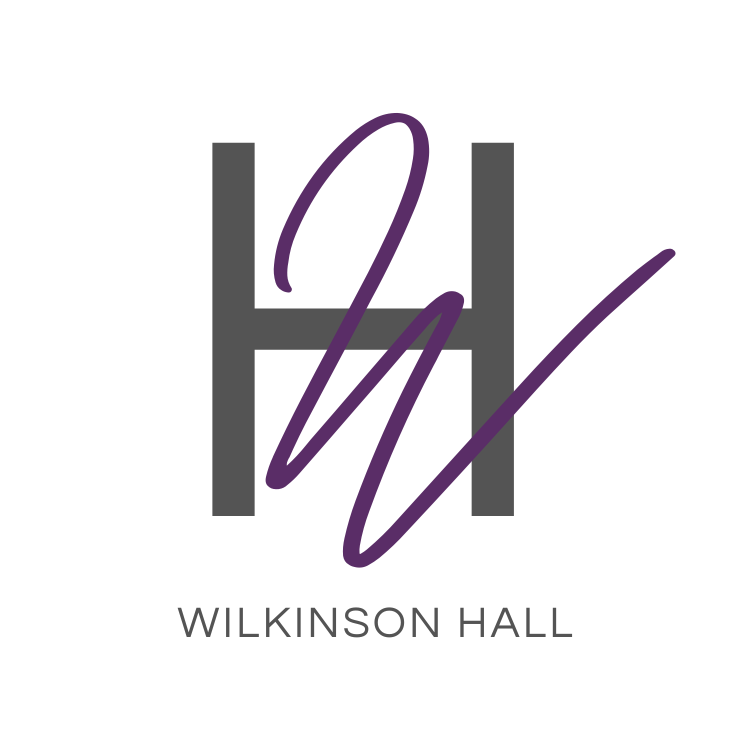“We literally know less about every aspect of female biology compared to male biology, director of the US Office of Research on Women’s Health”
This quote was taken from the 2021 House of Lords Report which asked Is there a gender health gap?
The conclusion was that yes there is and it needs closing!
Health gaps are differences in the prevalence of disease, health outcomes, or access to healthcare across different groups
Irving Zucker, a professor of psychology and integrative biology explained that for decades, women were excluded from clinical drug trials based in part, on unfounded concerns that female hormone fluctuations make women difficult to study.
A study by Manual, wellbeing platform, found that in many countries, men are more likely to face greater health risks. However, the UK does not follow this trend. It was found to have the largest female health gap in the G20 and the 12th largest globally.
Women’s health has been considered a niche market – a subset of healthcare. The shift to a more informed understanding and wider focus is leading to better health outcomes for women and presenting new opportunities for investors, companies, employees, and other stakeholders across the healthcare ecosystem.
But this year at OBN BioTrinity in London, speaking on the Science Track, I noticed a shift and that has to be worth celebrating. Immediately after the session one of the presenters was invited to a call with an investor, within -and I was asked to write an article expanding on my keynote.
Estimates for FemTech’s current market size range from $500 million to $1 billion. Forecasts suggest opportunities for double-digit revenue growth.
And while its not all about the money – let’ s face it. It helps.

